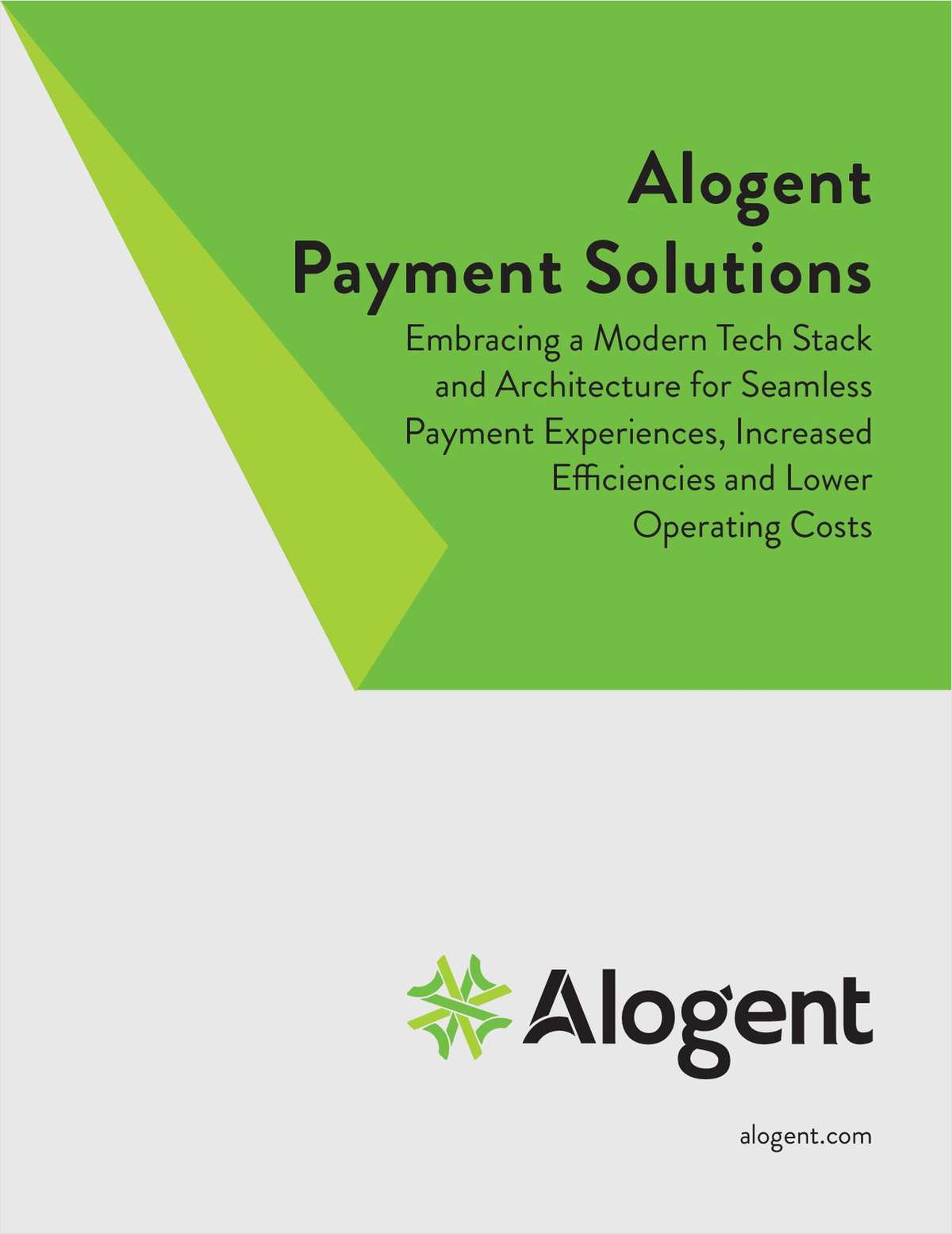SOUTHBOROUGH, Mass. – In a preemptive strike against the threat of identity theft, representatives of various Massachusetts financial institutions and law enforcement agencies are teaming up to form a collective force to protect the interests of consumers and businesses across the state. The goal: identify trends regarding identity theft and develop solutions that can be applied uniformly. "Identity theft is an issue taking on national importance in an explosion across the country," says James Blake, president/CEO, Brockton CU, one of the organizers of the task force. "On a local level, it's not like we've had an enormous amount of identity theft in terms of total dollars involved, but that doesn't mean our exposure is any less. We just haven't been hit yet." "Clearly credit unions in Massachusetts understand that this is an important issue for their members," says Rob Kimmett, svp of public relations and marketing, Massachusetts Credit Union League. "The working group assembled brings together tremendous resources from both the law enforcement community and the financial services community to help protect the people of Massachusetts against criminals who are looking to steal their identities." According to a survey by the Federal Trade Commission, nearly 10 million people have been the victim of identity theft within the last year to the cost of more than $52 billion. With the greater use of wireless technology in addition to Internet transactions, incidences are expected to increase unless greater precautions are taken. For members of the Local Identity Theft Initiative Working Group, that means undertaking several initiatives: providing consistent education to consumers through workshops and brochures; providing links to the FTC's Identity Theft Web site through individual institution's Web sites; and developing standard forms and procedures for reporting identity theft to law enforcement agencies. Also critical will be the ability to tap into comprehensive identity theft databases, such as that maintained by the U.S. Postal Inspection Service, another team member. As of Sept. 8, 2003, the Postal Inspection Service has made available its Financial Crimes Database for use by law enforcement and financial industry partners. The database includes information regarding stolen and fraudulently used credit cards, checks, ATM chards and debit cards. Victims of identity theft and financial institutions are encouraged to add new information to the database either through a hard-copy form or electronically. "The Postal Inspection Service has put a lot of heart and soul into the prevention of identity theft this year," says Barry Jenkins, team leader of the Financial Crime Unit for the U.S. Postal Inspection Service. "Information is at our fingertips now, and the result is cutting down duplicate work of three or four agencies going at the same time. The business community is doing a better job of running a name through the system, such as when someone applies for a credit card, and potentially turning up a red flag." While efforts of the working group are still in their initial stages, team members are optimistic about creating far-reaching results. "We certainly will present the findings of the working group to member credit unions and make them available to other credit union leagues if asked," Kimmett says. "We think it is an excellent model, and if other leagues are interested in it, we would be happy to share what we have learned."
Complete your profile to continue reading and get FREE access to CUTimes.com, part of your ALM digital membership.
Your access to unlimited CUTimes.com content isn’t changing.
Once you are an ALM digital member, you’ll receive:
- Breaking credit union news and analysis, on-site and via our newsletters and custom alerts
- Weekly Shared Accounts podcast featuring exclusive interviews with industry leaders
- Educational webcasts, white papers, and ebooks from industry thought leaders
- Critical coverage of the commercial real estate and financial advisory markets on our other ALM sites, GlobeSt.com and ThinkAdvisor.com
Already have an account? Sign In Now
© 2024 ALM Global, LLC, All Rights Reserved. Request academic re-use from www.copyright.com. All other uses, submit a request to [email protected]. For more information visit Asset & Logo Licensing.









